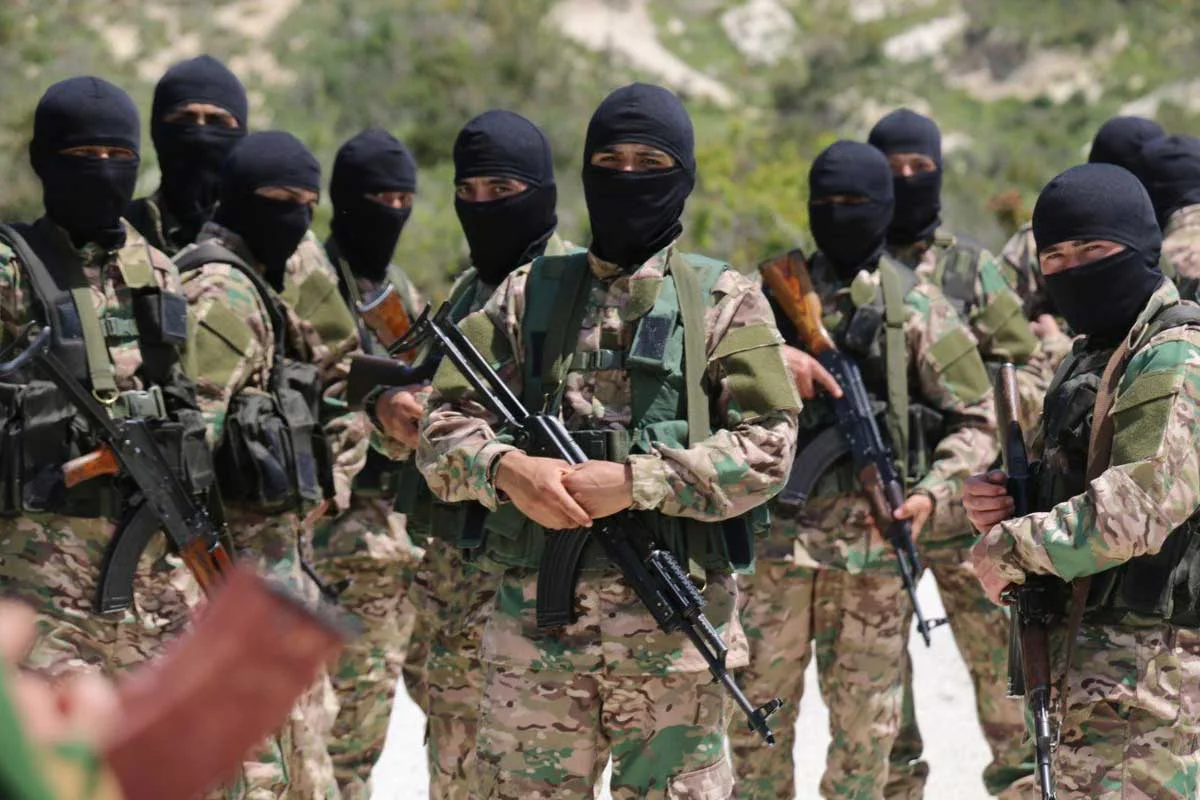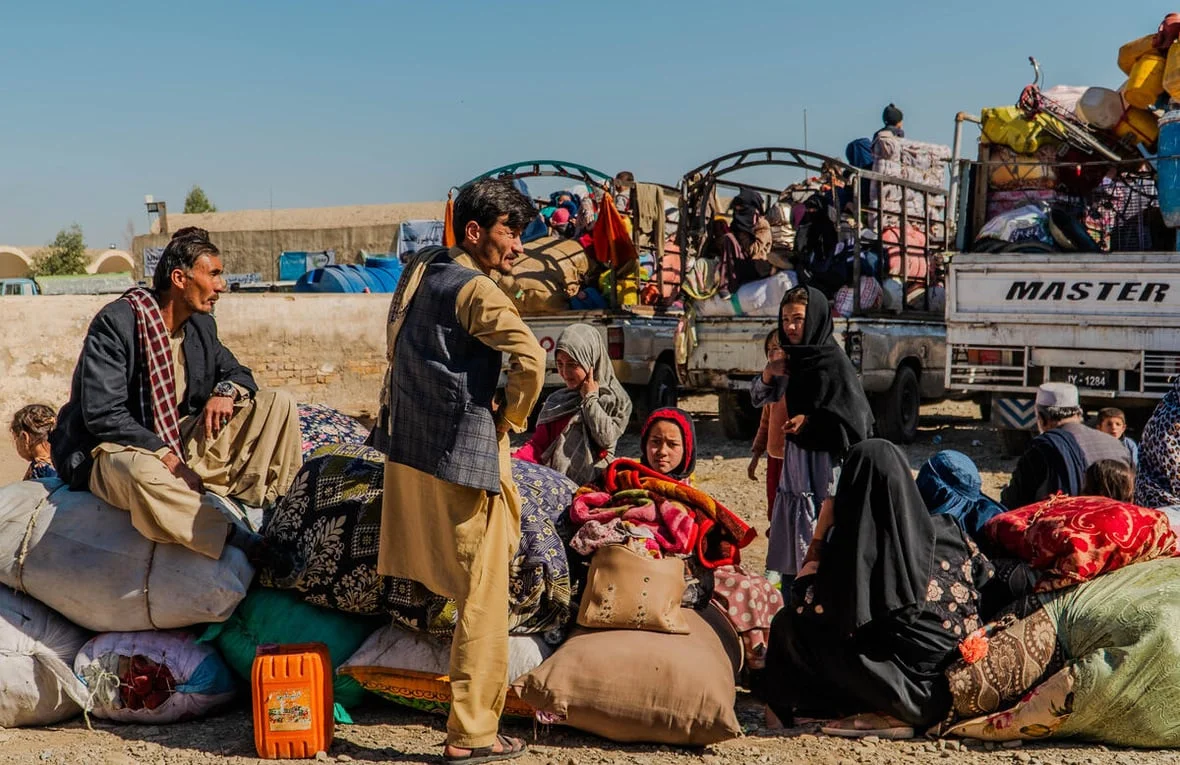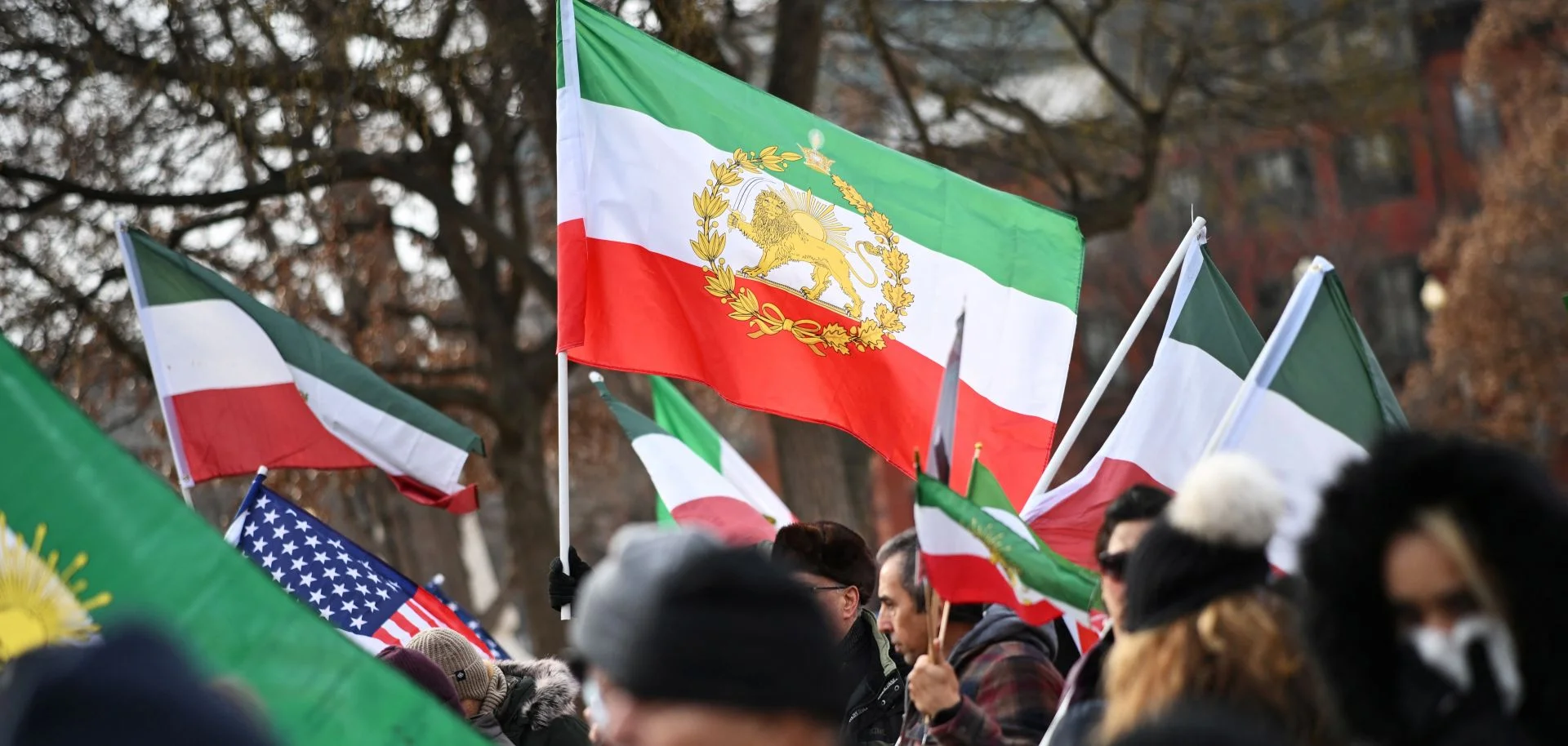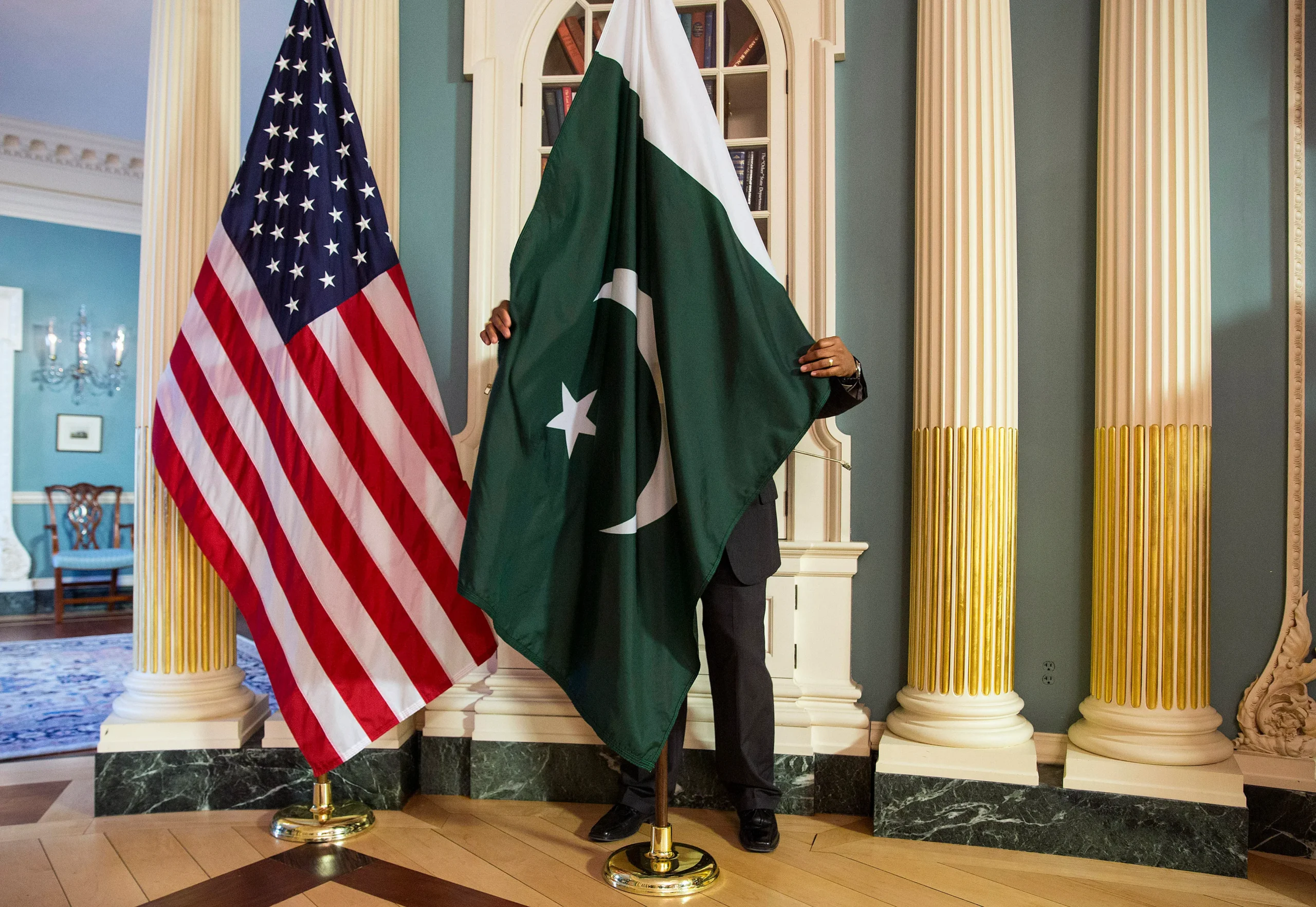Police have registered another FIR against Provincial Police Services (PPS) officer Mohammad Mohsin Khan, accusing him of sexually exploiting a student at IIT, Kanpur, and of criminal intimidation and defaming her, they said on Wednesday.
The student alleged that Khan threatened her with serious consequences. She also claimed that he made objectionable posts to defame her by leveling fake charges. ACP Abhishek Pandey said that the police lodged another FIR against Khan, a 2013 batch PPS officer. The police also lodged the FIR against Khan’s lawyer under relevant sections of the Bhartiya Nyay Sanhita and the Information Technology Act on Tuesday.
Pandey added that the police would call the then ACP and the lawyer for questioning if the need arises. The ACP and his lawyer allegedly shared objectionable posts on social media platforms with intent to defame her. The student met senior officers, including Commissioner of Police Akhil Kumar. Kumar instructed the police to lodge another FIR against the PPS officer and his advocate.
The student reiterated her claims that Khan sexually exploited her under false pretense of marrying her.
Also See: Gang Arrested for Kidnapping Indian Actor Mushtaq Khan
Police said they constituted a five-member Special Investigation Team (SIT) headed by Additional DCP (Traffic) Archana Singh to probe the matter. The student met the SIT members and provided them with the chat history allegedly showing that the ACP had made “indecent and lewd” remarks.
Authorities transferred Khan to the DGP headquarters on December 12. They booked him for allegedly seeking “sexual intercourse by employing deceitful means.”
According to the police, Khan had enrolled at IIT, Kanpur, a few months ago to pursue a PhD.
This news is sourced from Indian Express and is intended for informational purposes only.

![Police file FIR against PPS officer Mohammad Mohsin Khan for sexual exploitation and defamation of IIT Kanpur student. [Representational Image via Indian Express]](https://southasiatimes.org/wp-content/uploads/2024/12/Delhi-Police-5_b5f916.webp)




